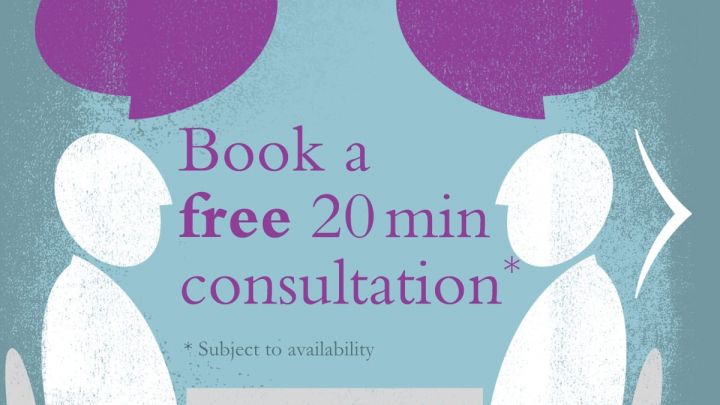
Can You Write Your Own Cohabitation Agreement
September 2025
More couples are choosing to live together without getting married or entering a civil partnership. While this works well for many, the law in England and Wales does not give cohabiting partners the same rights as married couples. This often comes as a surprise, particularly when the relationship ends. One way couples can protect themselves is through a cohabitation agreement. But can you write your own cohabitation agreement, or is legal advice essential?

This summary provides general information and does not constitute legal advice on any individual circumstances.
What Is a Cohabitation Agreement?
A cohabitation agreement is a written document between two people who live together but are not married. It sets out how property, finances, and responsibilities will be managed during the relationship, and what should happen if the couple separates. It can deal with issues such as ownership of the home, division of equity, contributions to bills and mortgage payments, and even how savings or possessions will be divided.
Because there is no such thing as “common law marriage” in England and Wales, a cohabitation agreement is one of the most effective ways for partners to protect themselves and avoid uncertainty.
Writing Your Own Agreement
Technically, couples can draft their own cohabitation agreement without a solicitor. Many even search for templates online and adapt them to their circumstances. While this may seem like a cost-effective option, it carries risks. An agreement written without legal guidance may be too general, may not reflect the couple’s true intentions, or may be drafted in a way that makes it unenforceable.
The “Any Agreement Works” Myth
It’s a common belief that any written cohabitation agreement will automatically be enforceable. In England & Wales, this is not the case. If the agreement is unfair, signed without legal advice, or missing key details, it can be challenged and may not hold up in court.
Courts are cautious about upholding agreements unless they have been prepared properly. If one partner did not fully understand the terms, felt pressured into signing, or if important financial information was not shared, the agreement could be challenged and potentially overturned.
Why Legal Advice Matters
For a cohabitation agreement to carry weight, both partners should receive independent legal advice before signing. This ensures that each person understands the document and that it is fair. It also means that neither can later argue that they did not know what they were agreeing to.
Full financial disclosure is also essential. If one partner hides income, savings, or debts, the agreement is unlikely to stand up if tested. A solicitor will guide both parties through this process to make sure the agreement is clear, transparent, and more likely to be upheld.
The Limits of DIY Agreements
While writing your own agreement may seem straightforward, it is often what is left out that causes problems later. For example, what happens if the couple has children, if one partner stops working to provide care, or if they move to a new home? Without addressing these potential changes, a homemade agreement can quickly become outdated or unfair.
A solicitor-drafted cohabitation agreement is tailored to your situation and can be updated if circumstances change. This gives couples much greater peace of mind and reduces the risk of disputes in the future.
So, Can You Write Your Own Agreement?
Yes, you can — but whether it will provide the protection you need is another matter. A DIY agreement may seem attractive at first, but without legal advice, financial disclosure, and careful drafting, it may not hold up if challenged. For something as important as your home and financial security, taking proper advice is usually the safer choice.
How Can Fullers Help?
At Fullers Family Law, we understand that finding a solicitor that you feel understands your own specific situation can be a daunting task. So, you can book a free call back with us here.
We have also created a series of fixed-price consultation meetings with a full ‘no questions asked’ money-back guarantee' promise.
For an initial discussion and a no-obligation quote, get in touch with us today by simply calling us on 01234 371478, filling in the contact form below, or emailing us at enquiries@fullersfamilylaw.com and a member of our team will get back to you.

